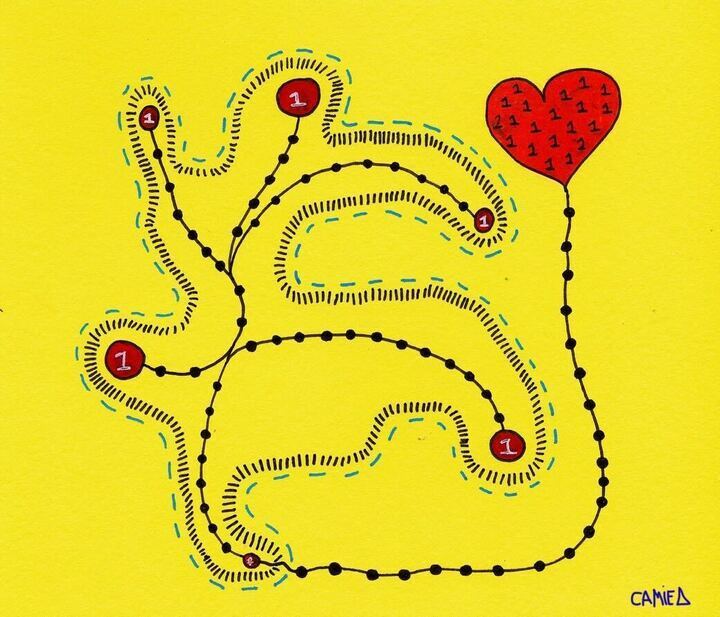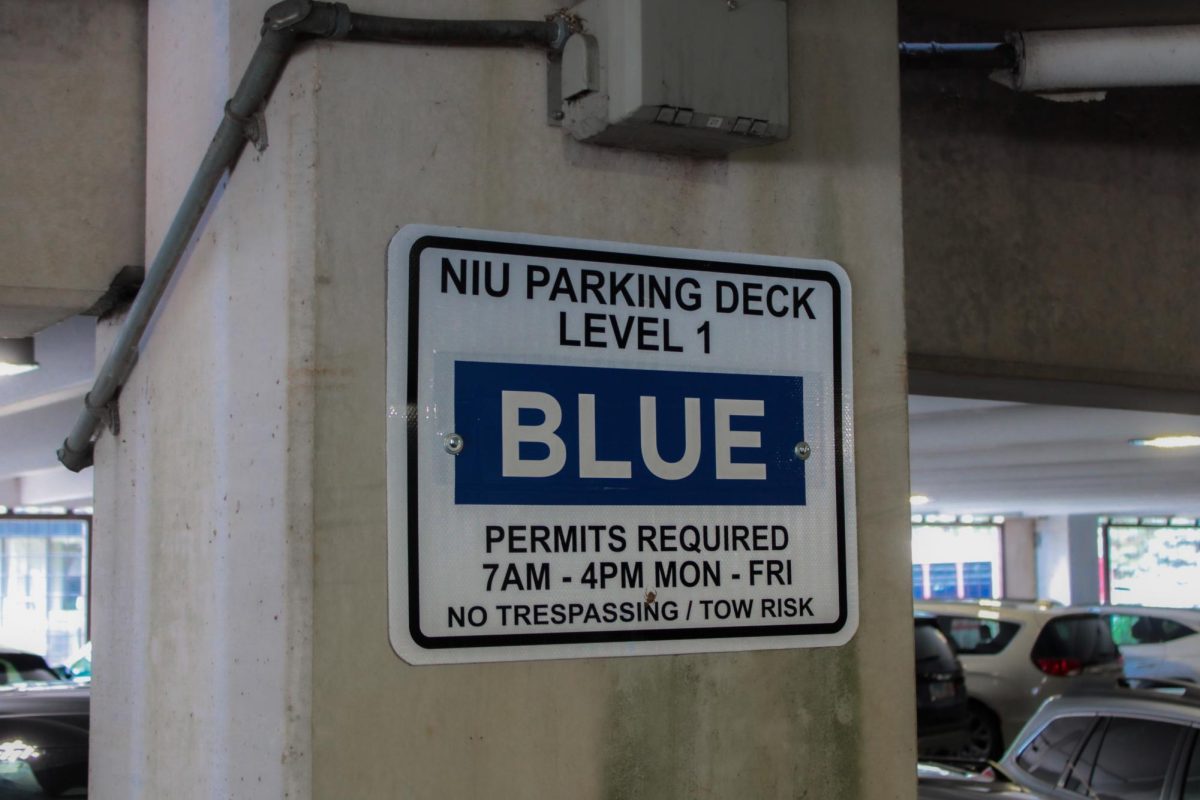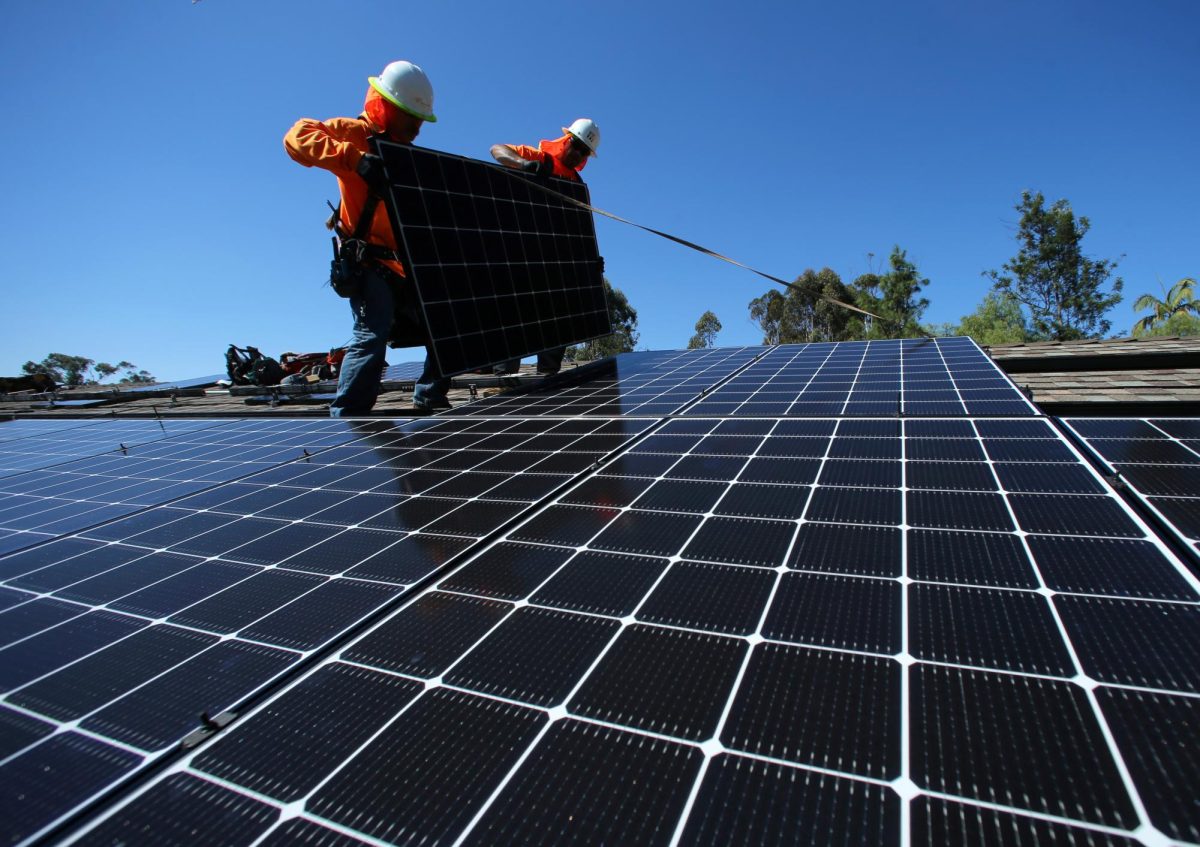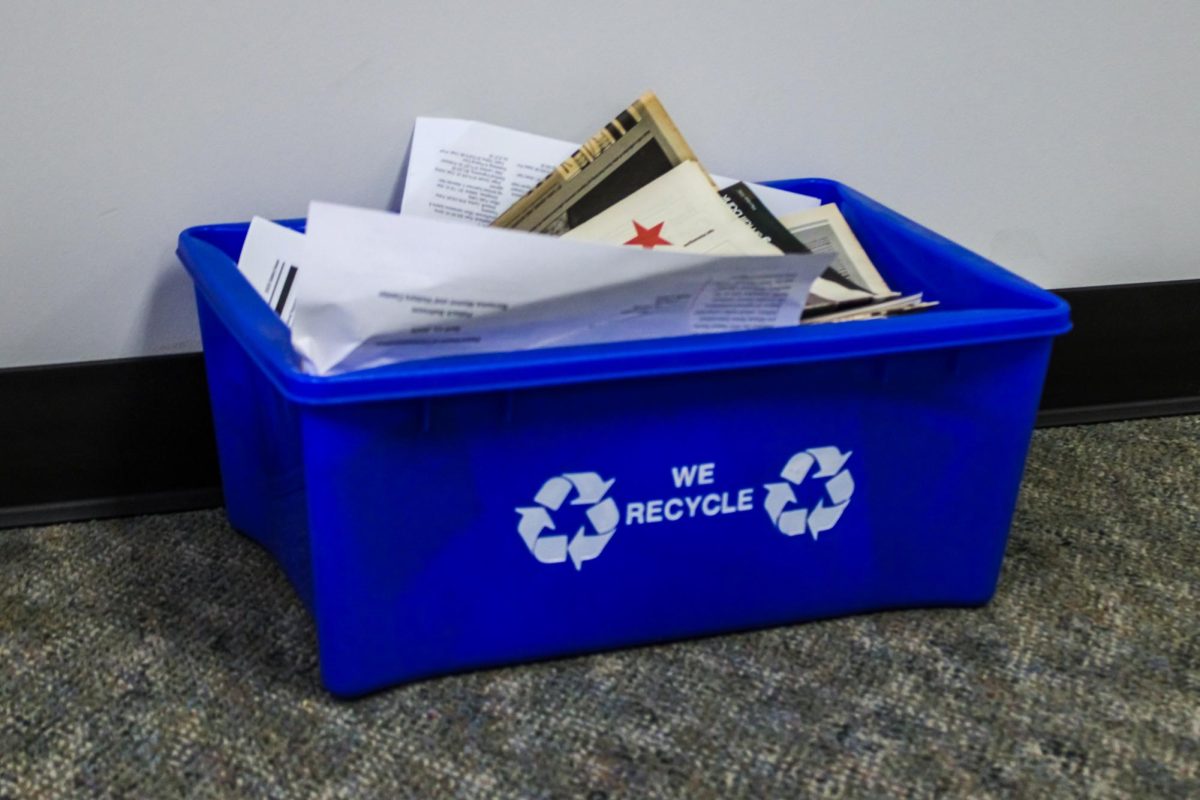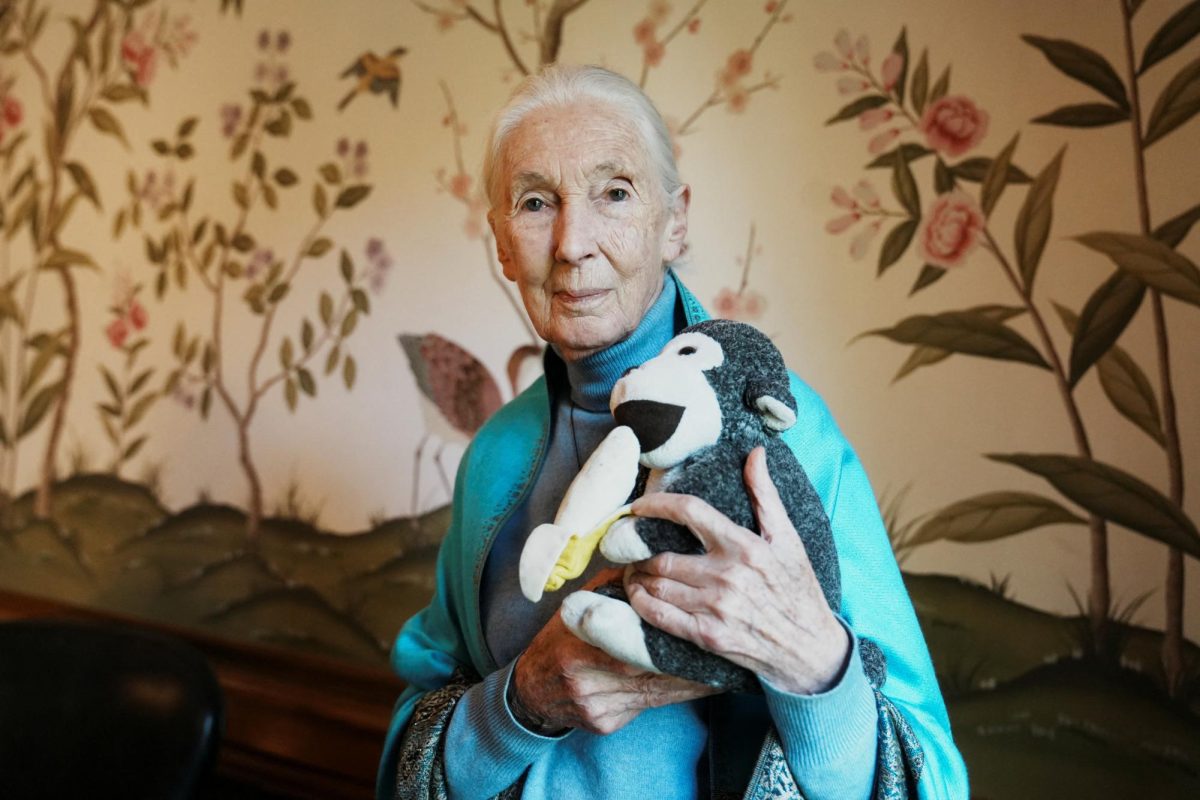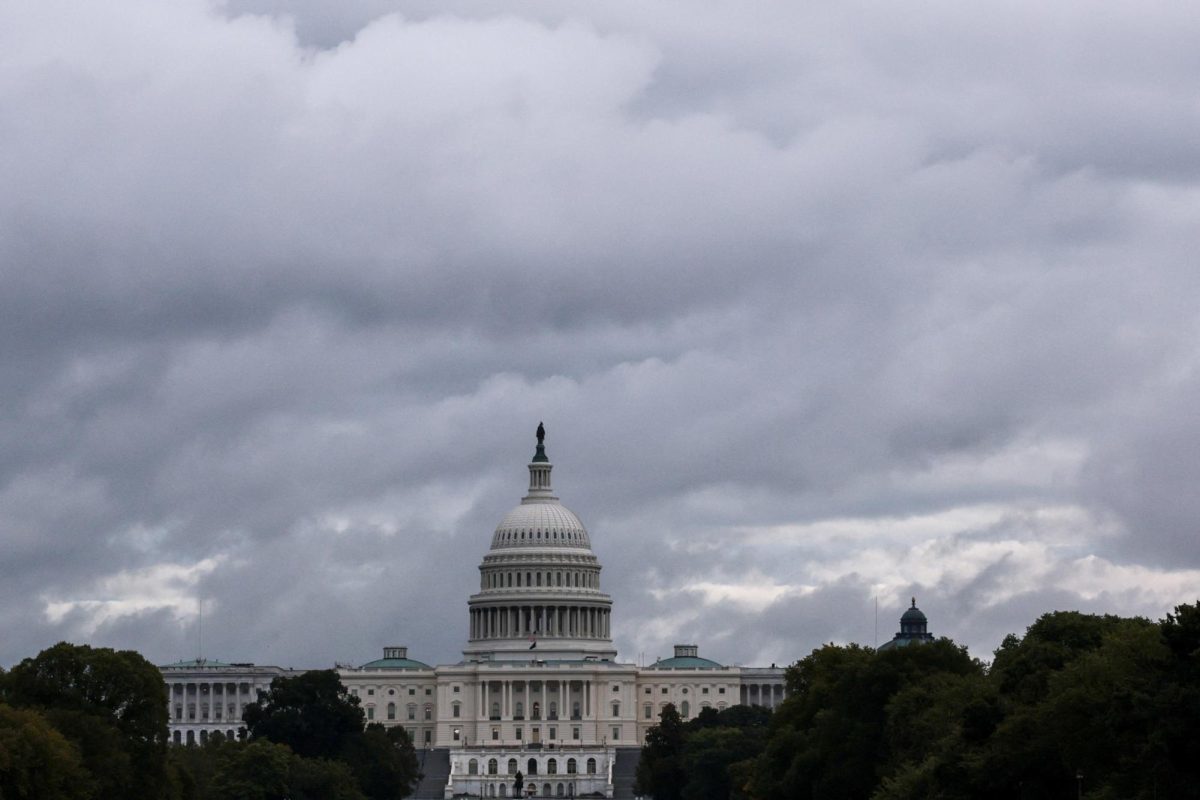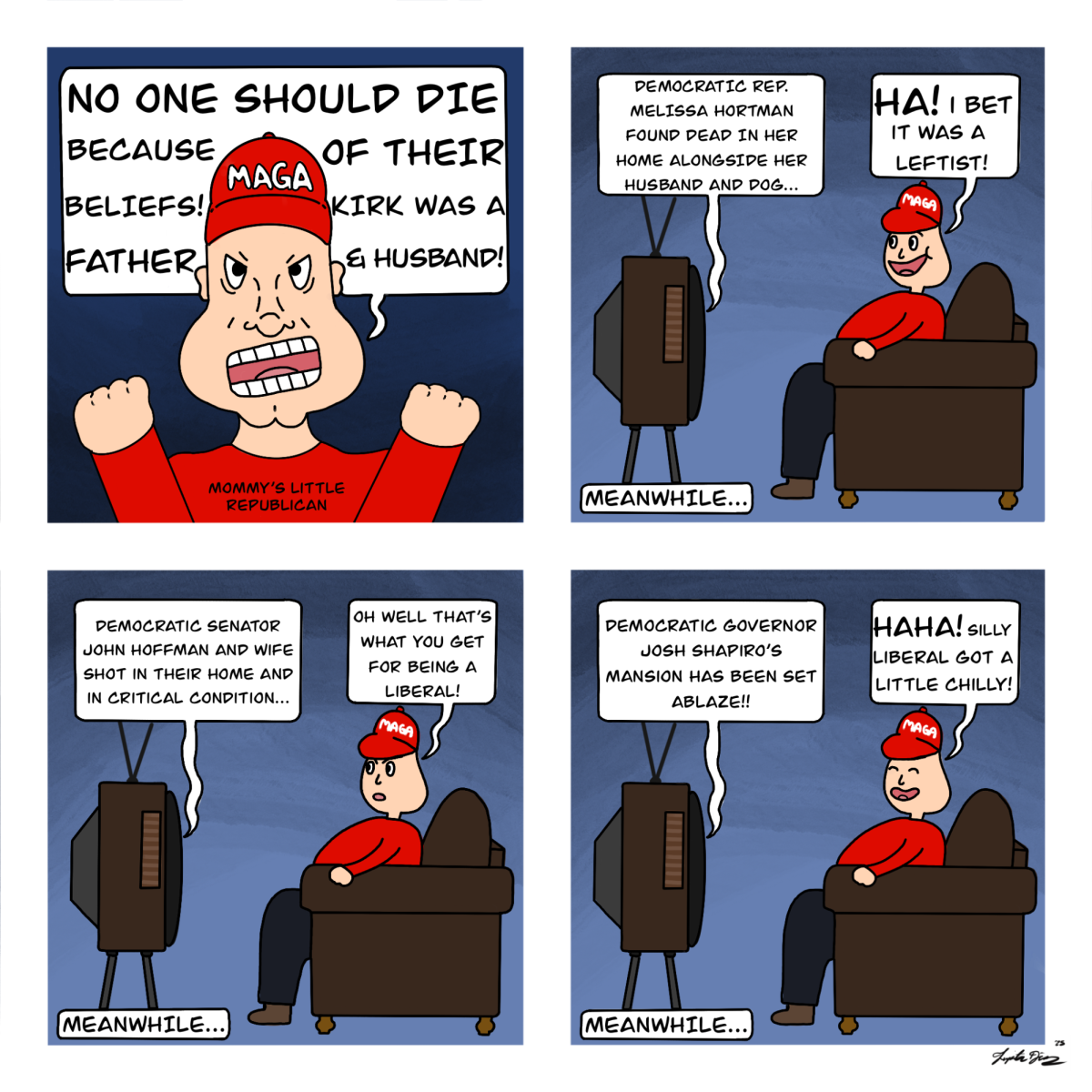Society often celebrates changes made by historical figures such as Malala Yousafzai and Rosa Parks, but what about everyday people who work toward a better world? We must value our individual efforts to increase our sense of unity and compassion.
While notable figures should be applauded for their service, it is too common that we undermine the efforts of everyday people because of their lack of status or fame.
Suzanne Degges-White, chair and professor of counseling and counselor education, emphasized the ramifications of a person seeing themself as less-than and explained why that might happen.
“In our Western country, we somehow believe that money gives you more power and more of a reason to have status,” Degges-White said. “And I think that’s a really big mistake because we don’t value the things that do matter when it comes down to human life.”
Throughout our lives, we’re taught to be realistic and throw naive ideas about changing the world out the window. We are told there is little just one person can do — better not get your hopes up — reminding us how small we are. While the question of mattering may be a pointless and taxing mission, it’s hard not to internalize our individualistic society’s way of operating.
Brian Podkulski, a senior psychology major, highlighted the lack of appreciation and compassion students have for their efforts on campus.
“I know a lot of college students might downplay themselves and their accomplishments or what they can do,” Podkulski said.
Society’s perception of making a difference is extreme, often understood within a superficial framework of being famous. Due to these cultural influences, our accountability and sense of value varies from person to person.
“Can I make the difference a politician makes? No. But can I make a difference to one person when they take that out into the world? I think that’s what it is, every day we wake up or respond to someone who needs help, or contribute to a cause that matters with other resources,” Degges-White said.
By discounting the degree of impact individuals without fame or high social status have, we further contribute to social hierarchies and apathy.
A study examining social apathy among young people highlighted the innate need to compare ourselves to others within the area we already see ourselves in, whether that results in a positive or negative feeling. However, individuals who are prone to social apathy are found to have experienced unbearable feelings of despair, causing disconnection from goals, values and overall motivation, according to researchers from Humanities and Social Sciences Reviews.
In reality, every effort — small, large, quiet, loud — makes a difference.
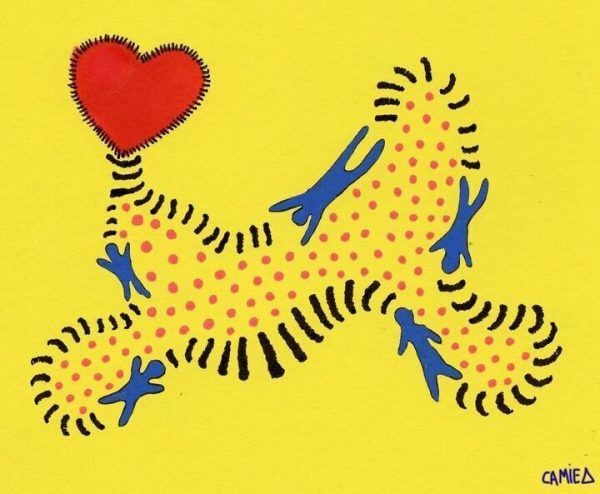
“Society is built on interactions from the least of us to the most of us,” Degges-White said. “And I think that it’s like bricks, building a house or car, just like when you build with blocks; the ones at the bottom that seem not nearly as important as those that go toward the top. The top’s not going to stay unless the bottom is solid, so I think all contributions have meaning, the whole butterfly effect.”
Maybe everyone is a millimeter. Tiny, sure, but a part of a larger whole. Imagine the accountability people would develop if they realized they were a part of that whole: that one millimeter could become a meter, and eventually a mile. Without the individuals — the millimeters — there couldn’t even be a foot.
Change starts with a single individual, which includes you. There are various ways to get involved, but sometimes the hardest part is believing in something — believing you are an important piece of this massive puzzle called life.
Podkulski believes finding like-minded individuals is the start of training your brain to operate with this thinking.
“I think people feel most connected when they can be united with a community on a direct one-to-one level,” Podkulski said. “Having other people who share the same values and common goals, and you each put forward and contribute efforts to those goals, seems to be the thing that makes people feel the most connected and motivated.”
Even the interactions that seem minuscule have an effect. Even the smallest details can change your life’s path and story, or somebody else’s.
People limit their acts of kindness because they underestimate the value, but research shows people who receive acts of kindness are more likely to be more generous themselves. Simple acts of kindness can boost mood and social connection, reduce stress and decrease symptoms of depression and anxiety, according to the American Psychiatric Association.
“Ask what I can do to make a difference to someone because when we do something nice for someone, our brain gives us a jolt, like we are getting a hit of some marvelous feel-good drug, we get oxytocin,” Degges-White said. “So saying thank you, holding the door for someone, even these little things make a difference.”
Taking action in our own lives is the start of change. How we choose to interact with the world is something we can realistically control and attend to. Sometimes we forget how much power we hold — those quick social interactions, reducing our carbon footprint, the media we consume, the foods we eat, where we buy clothes and the way we think and take care of ourselves, all of it is interconnected and impacts our world.
“If you feel good about who you are then you are going to stop to appreciate things and other people,” Degges-White said.
The mindset we have about individual effort needs to be workshopped. As humans, the burdening question is ‘What is the point?’ The existential crisis can be a hindrance, and practicing ways of thinking that steer us away from what is nihilistic, saddening and apathetic is crucial.
“Feeling like you don’t matter is a choice,” Podkulski said.
We must create a world where people understand that they matter. We’re here right now and alive together — there are realistic actions we can take daily. We can lift spirits and manage the uncontrollable chaos of the world. We can engage with organizations and focus on causes we deem as the most important. Anything and everything in this world started with one person and has the power to become a unified collective.


